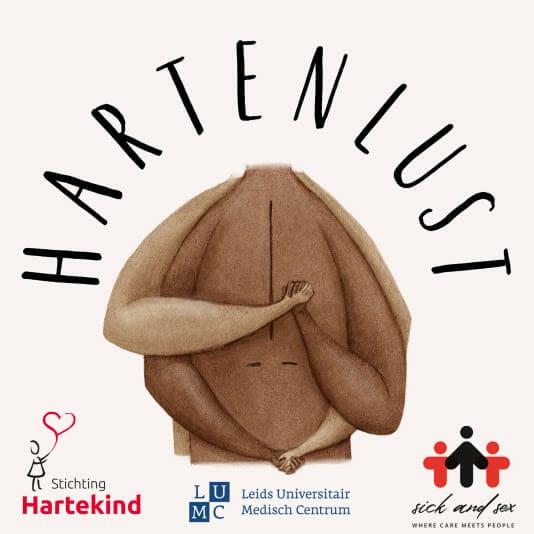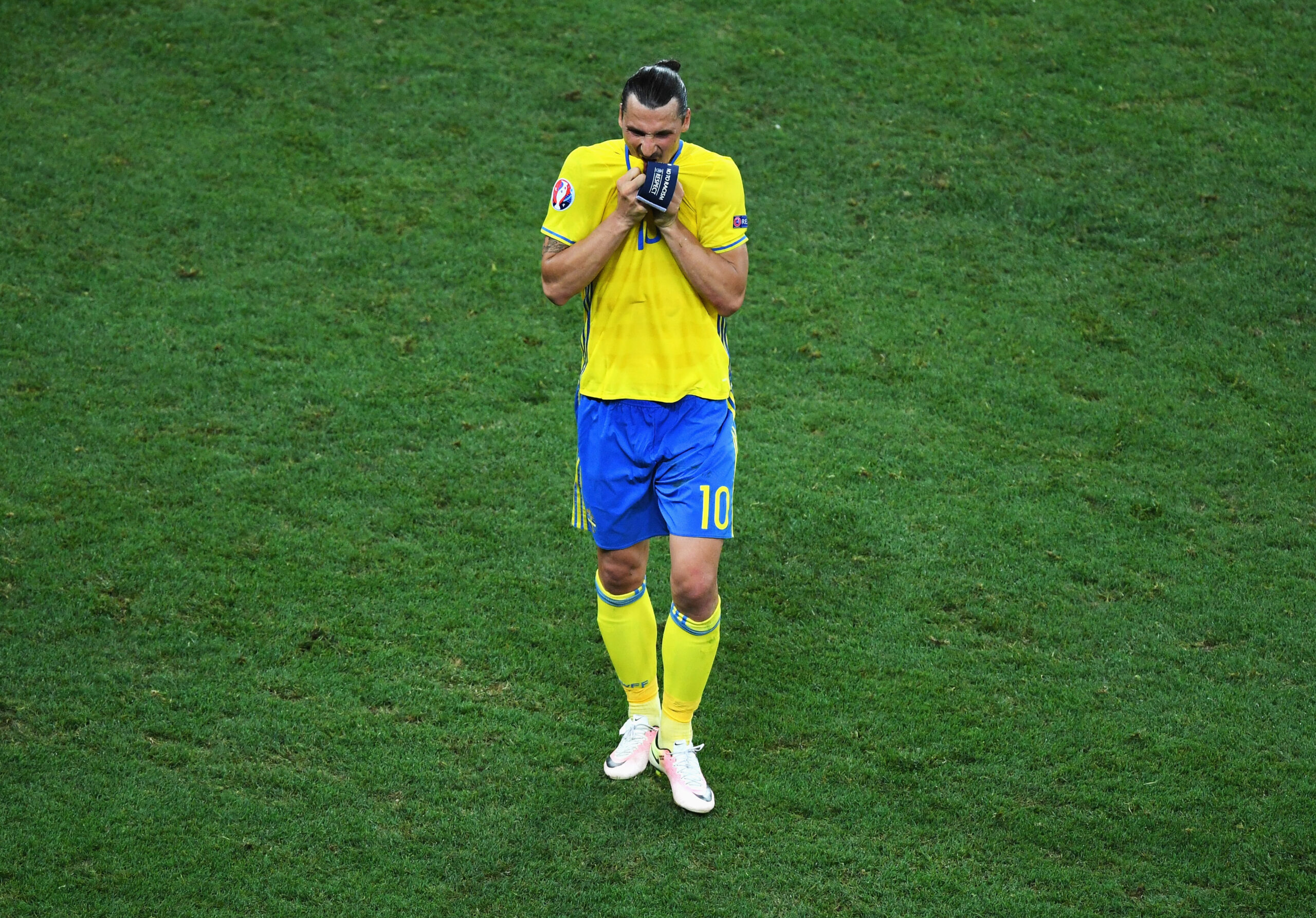12 november 2021 – 08:57
“Do my friends think my scar is ugly?” ‘Is it bad for my heart to have sex?’ These are questions that people with a congenital heart defect (AHA) can walk around with. Yet 65% of women with a congenital heart defect are not informed about sexual health, pregnancy or contraception.
In from podcast Heart’s lust, an initiative of the LUMC, the experiences of adolescents and (young) adults with sexuality and intimacy are openly discussed.
Each year, approximately 1,500 babies are born with an AHA. These babies are getting older as a result of better care: today 85 percent of all children with an AHA reach adulthood. So it has changed from a life-threatening childhood illness to a chronic illness. Growing up with an AHA operated on makes the sometimes confusing period from puberty to adulthood even more exciting. In addition, the group of adolescents and young adults is currently still falling between two stools: they are no longer children, but they do not belong to ‘adult heart patients’ either. Therefore, little research exists on their quality of life.
Unspoken and therefore unknown
While many adolescents with an AHA are hindered in entering into (romantic) relationships, intimacy and their sexual development, doctors often do not feel called or competent to talk about these topics. Multiple studies report that approximately 65% of young women with an AHA do not receive information about sexual health, pregnancy, or contraception from their treating cardiologist. Moreover, in 40 percent of the cases the subject is discussed by the patient and not by the cardiologist. It is not known whether parents have difficulty with giving sex education to children with an AHA. The experiences with sexuality and intimacy of adolescents and (young) adults with an AHA therefore remain undisclosed and therefore unknown.
The desirability of discussing this with adolescents and (young) adults is evident, for example, from the fact that questions about these topics are repeatedly returned in closed Facebook groups.
Podcast Heart’s Lust
In the podcast Hartenlust, journalist Daan Borrel speaks with (young) adults with an AHA about their experiences with sexuality and intimacy. She made this podcast together with Mina Etemad on the initiative of Philippine Kiès (cardiologist), Arno Roest (pediatric cardiologist) and Henk Elzevier (urologist/sexologist) of the Leiden University Medical Center. The podcast is funded by Hartekind Foundation.
About Heart’s Lust
From the outside you usually see little of it, but some people are born with a heart defect. Does your heart beat differently in romance? Do you dare to connect completely with loved ones if you don’t know how old you are getting? Do you tell a date about the scar on your chest before you take your shirt off? What does it do to your self-image if you are often tired and can’t go out with friends? Or are you too tired to make love? Should you actually be afraid of sex? And how does it feel when you have to give up your desire to have children due to a heart defect? Experts by experience tell how a congenital heart defect affects their experiences with intimacy, sexuality and love. For example, we hear the story of Job (29) who learned not to take his T-shirt off a woman again before he told about his abnormality and scar – too often he felt rejected. And Lynn (22) who had to decide at the age of 16 that a pregnancy poses too much risk for her heart, and knows that her mother Heleen wants to carry her child. Dayenne usually sees sex more as physical activity, because connecting is then too exciting: is she even worth loving?
Bron: LUMC


